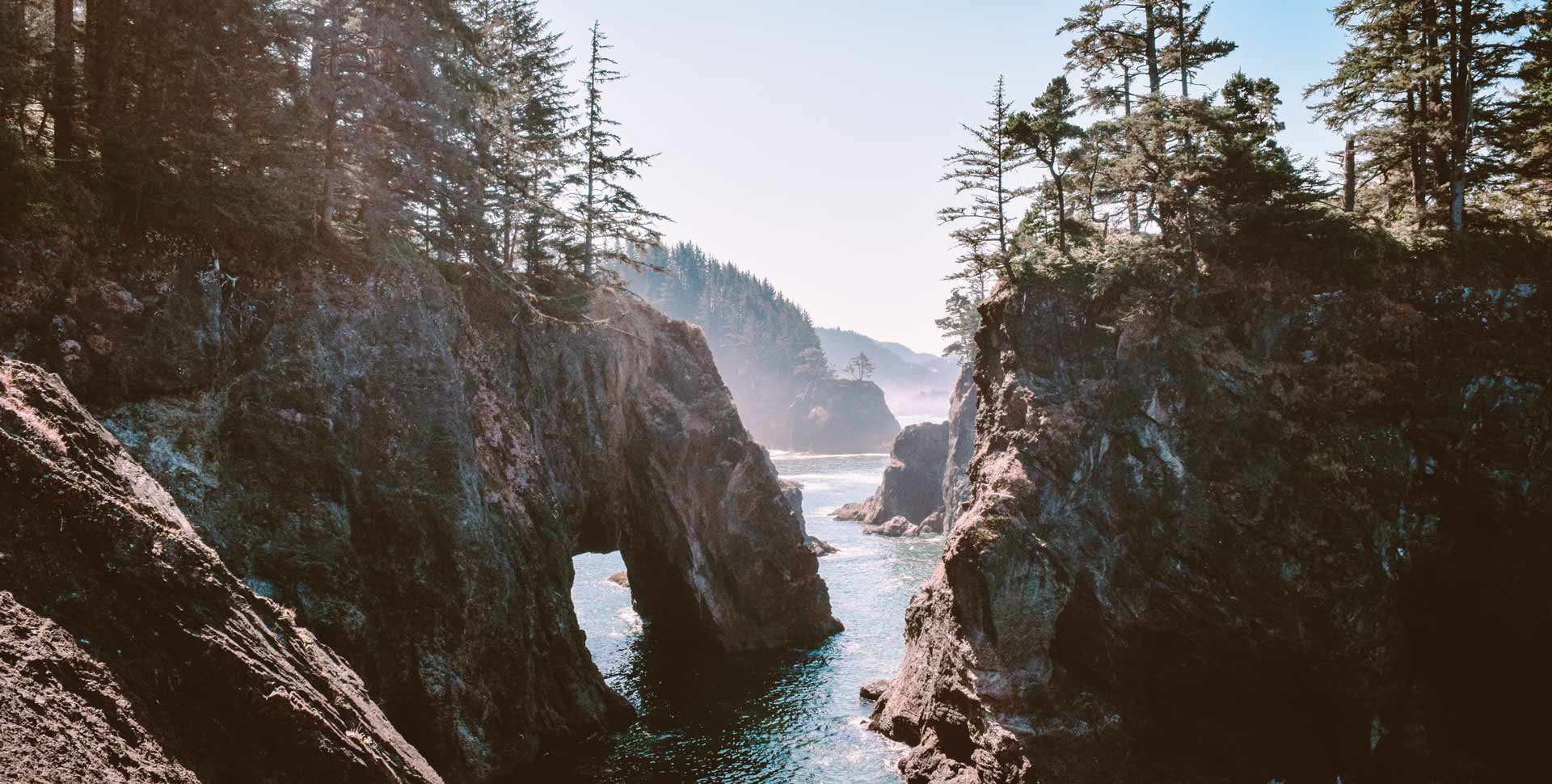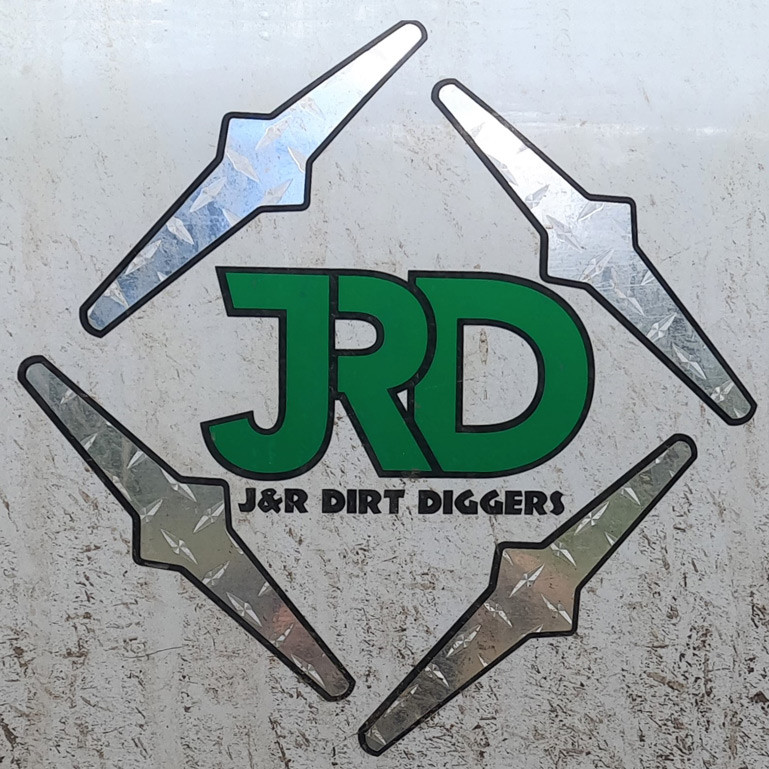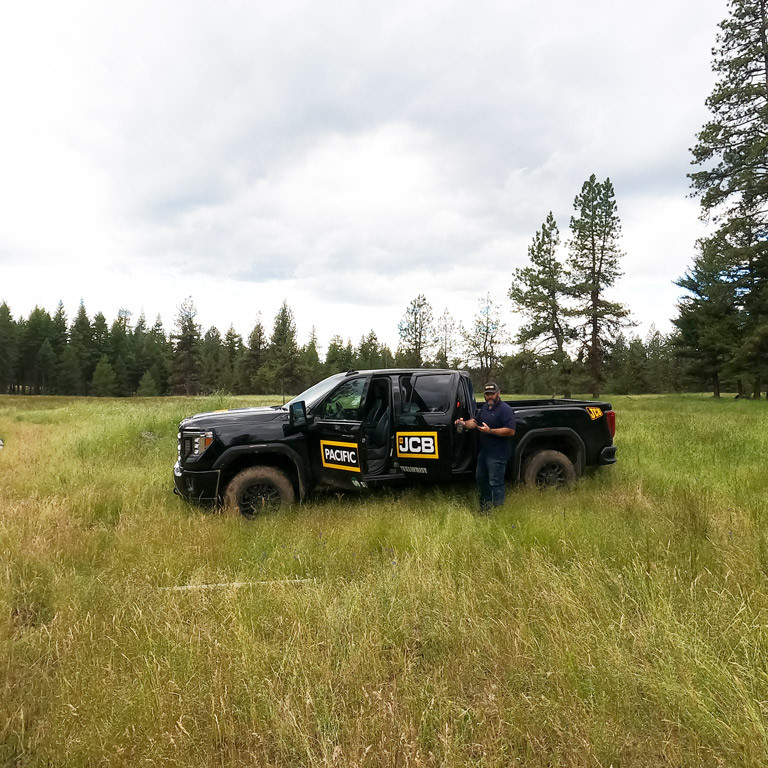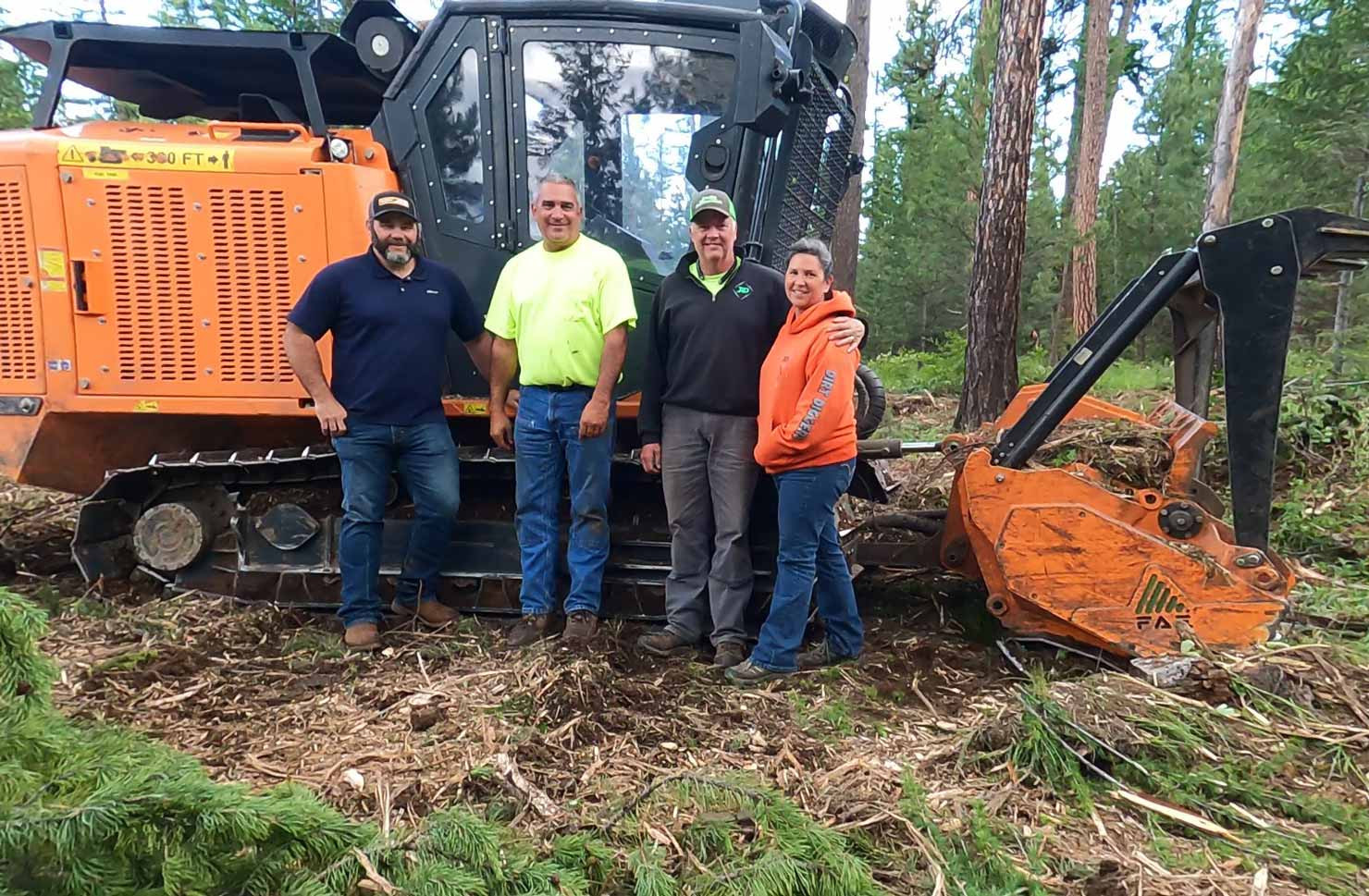
Indigenous communities in the west coast have been greatly impacted by wildfires. In several instances, fires have burnt through tribal reservations and sacred lands, leaving behind casualties, destroying homes and hindering their natural resource-based economy.
One company, J&R Dirt Diggers, has been helping these communities with their fire mitigation efforts, reducing fire fuels in many areas and contributing to creating a safer, more manageable environment with the help of their FAE PT-175. “We have been working for the Indian reservations doing mastication for a couple of years now,” said company owner, Rick Estey. “It started out for power line maintenance, to prevent them from catching on fire with all the wildfires going on in these areas and now we are enhancing and maintaining the forest and it's working out really well. We work in Washington and Oregon so we work with different tribes. We've worked with the Yakama Nation. We've worked with the Colville Nation. We've worked with Warm Springs and we've worked with the Umatilla tribes.”
 |
 |
Breaking the ice and building relationships with the Indian reservations is not an easy task for most. Indigenous communities are protective and very selective of the individuals with whom they choose to partner with. This is in addition to the common misperception regarding forest maintenance and the belief that it is damaging to the forest, when it is, in fact, the opposite. “Most of these reservations had never allowed masticators before. We got wind that they were looking for help in their areas and we got a hold of them. My wife is native american, she is Umatilla Indian. When they found out, they took us in,” said Estey.
“The tribes and also the private sector are finally realizing the great advantages of mastication. They realize they need to protect their property, their homes, their assets and we are doing it with mastication. Back in their early history, the way they maintained their properties was by letting the fires go and they burnt out the underbrush and that's been stopped for many years. So now, we have lots of lateral fuels that they are trying to mitigate and get down. So, we go through and masticate. Then, they do an ultra low-intensity burn and then the grasses come back, the huckleberries come back and they don’t lose their trees, like they used to in the past. It's called pre-commercial thinning and we 're doing a lot of that for these tribes. In fact, we are about to start a job with the Umatilla tribe for a couple of hundred more acres of work.”
According to Estey, the tribes are working extremely hard and doing everything they possibly can to enhance their forest and maintain the land, investing lots of time, money and resources to get these fires to the ground and trying to prevent and mitigate the big fires that are happening.
|
“The forest fires have been terrible for these tribes, it has been really devastating. Many of the tribes rely on their timber for their income and they're having hundreds of thousands of acres of their timber destroyed because of forest fires. So yes, they are doing all they can to prevent it from burning down and will continue to do so.” |
 |
J&R Dirt Diggers operates the FAE PT-175 along with other equipment. “We have the PT-175 and this is the first time that we've got a FAE. We love it. We tried the other brand out and it was a good machine but we just felt that the PT was more compact, it was quieter, it had better fuel efficiency, it took a lot less depth and the maneuverability was outstanding, so we felt it was just better built and that's why we went with the PT.” said Estey.
“Pacific JCB is our company out here in Portland that we deal with and they've been absolutely awesome at getting stuff together and working with us. Mike samples, from FAE, is absolutely great and knows his machines inside and out, like none else. He and Chris McKinney, who is the salesman for Pacific JCB, came out here to my shop, spent the whole day with me going through every aspect of the machine and really helped us out, showing us all the different things to look for that we would have never know otherwise, and making sure we had everything taken care of, everything put together and that we were absolutely ready to go. Now, thats service”.
FAE continues to be in awe at all the work that is being done in the west coast by so many individuals, public institutions and private companies to help mitigate the wildfire crisis. We are proud, humbled and touched, every single time we learn about the ways our equipment is making the difference, in this case, for our valuable indigenous communities. We are committed and dedicated to sustainable land management and to continue to produce better tools to help conserve our resources and land for future generations.
Share your story with us! Contact: [email protected]